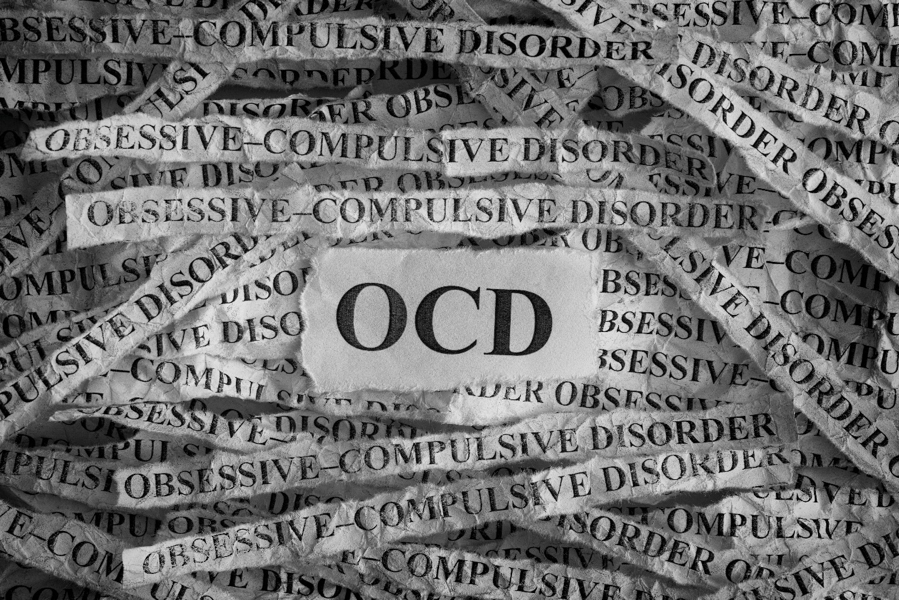Happy New Year! The confetti has hardly hit the floor and the last of the champagne barely consumed before people start talking about what their “New Year’s resolutions” will be. Terms like “Dry January” and “New Year, New Me” have taken over our social media feeds. Gyms are crowded with new members, and there is an air of expectation of the promise of new beginnings and determination that this is finally the year you quit smoking, or lose 25 pounds, or save enough money to travel to Europe.
But now we’re well into February, the gyms have gotten quieter, and all those great intentions have gone by the wayside as we fall back into comfortable behavior patterns that we were so eager to change just a few short weeks ago. While every new year brings the promise of a fresh start, it is important to understand where that mentality comes from, why failed resolutions can lead to depressed feelings, and how we can change habits for good without falling into the New Year’s resolution trap.
What Is a Resolution and Why Do We Make Them?
By definition, a resolution is “a firm decision to do something.” Cambridge Dictionary defines a New Year’s resolution as “a promise you make to yourself to start doing something good or stop doing something bad on the first day of the year.”
Resolutions, regardless of when they’re made, have been around almost as long as time itself. There is documented evidence of the Babylonians and Romans celebrating the coming of the new year and new beginnings. The tradition of a fresh start continues around the world today, with some of the most common themes being losing weight/getting healthy, quitting bad habits, getting more organized, and saving money.
Why Don’t They Work?
A noble cause for sure, the fact remains that very few people who declare January 1 as the start of a resolution are truly able to keep them. Why is this? There are many different reasons for failed resolutions, but some of the most common are:
Unspecified Goals – Declaring “I want to get healthy,” but not defining what that looks like for you can be a recipe for failed resolutions. Goals should be as specific as possible in order to be successful.
You Feel Overwhelmed – Change is not easy for many of us, and setting unclear goals, or trying to do too much at once can lead to an “all or nothing” mentality, therefore increasing that overwhelmed feeling. Being unrealistic with your timeline can also lead to the next reason why resolutions don’t work – discouragement.
Discouragement – Any type of change is an involved process, and in this instant society, we can easily get discouraged if we are not seeing the results we were hoping for. Social media can be a great motivator, but it can also leave you feeling inadequate. It’s helpful to remember that a lot of those “success” stories are not actually based on reality, but rather skewed to garner enough “likes” or “clicks.”
Not Asking ‘Why’ – Why do you want this change in your life? Until you get to the point where you want the change more than you want the status quo, things won’t really change. Knowing the reasons why you want something makes it more unique and personal to you, therefore increasing your likelihood of sticking with it.
How Do Failed Resolutions Affect Mental Health?
It can be discouraging to try and fail at something. If you are experiencing anxiety and/or depression, failed resolutions can emphasize those feelings. Putting unrealistic pressure on yourself can also exacerbate low self-esteem, which can lead to negative self-talk and feelings of failure.
Engaging with a licensed therapist can help keep you accountable, as well as understand the “why” and how of getting to the change you want to see, and help you see the success in your journey, however small it may seem.
How Can We See Long-Term Change?

The key to lasting change is baby steps. It’s been said that it takes 21 days to develop a new habit. Instead of conjuring up a grand plan every January 1, instead take the time to really think about what you want to change in your life and focus on just one or two things. Make it personal, not what you think you “should” do or what the latest social media influencer says to do. From there, create a realistic timeline of how you can get there. Remember that slow progress is still progress, and small changes lead to bigger changes that last. No one can change everything all at once. When setbacks occur, and they will, remember every day is a new opportunity for a fresh start. You’ve got this!



